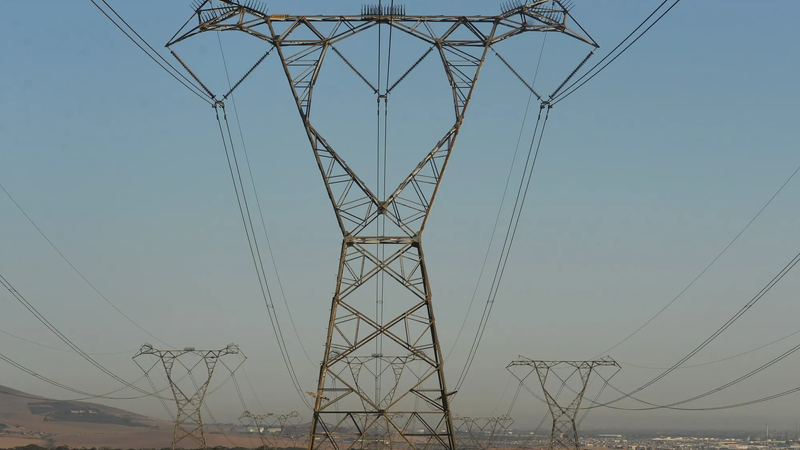South African power utility Eskom has made a surprising move by objecting to the issuance of trading licenses by the National Energy Regulator of South Africa (NERSA). This unexpected stance comes as the country grapples with ongoing electricity supply challenges and efforts to diversify the energy market.
Eskom’s objection, filed with NERSA, argues that granting these licenses to private entities could destabilize the national grid. The power utility, which has been the dominant player in South Africa’s electricity sector for decades, expressed concerns over the potential impact on grid reliability and the risk of increasing electricity costs for consumers.
The licenses in question would allow private companies to buy and sell electricity, a move intended to introduce competition and improve efficiency in the energy market. Proponents of the initiative argue that increased competition could help alleviate the country’s persistent power shortages and drive down prices through market dynamics.
In its submission to NERSA, Eskom highlighted the potential risks associated with a fragmented energy market. The utility emphasized the need for careful consideration of the grid’s stability, especially given the current challenges of aging infrastructure and ongoing maintenance issues. Eskom also raised concerns about the regulatory framework, suggesting that more robust measures are needed to ensure new market entrants adhere to strict standards.
Critics of Eskom’s objection argue that the utility is attempting to maintain its monopoly and stifle competition. Energy experts have pointed out that many countries have successfully integrated private trading into their energy markets, resulting in more resilient and cost-effective systems. They contend that Eskom’s resistance is rooted in a desire to protect its interests rather than the national grid’s stability.
NERSA, tasked with overseeing and regulating South Africa’s energy sector, now faces a crucial decision. The regulator must balance Eskom’s concerns with the broader objective of creating a more competitive and efficient energy market. The outcome of this dispute could have significant implications for the future of electricity supply in the country.
South Africa’s energy sector has long been plagued by issues, including frequent power outages, known locally as load shedding. These power cuts have had severe economic impacts, disrupting businesses and affecting daily life. Diversifying the energy market and introducing competition is seen by many as a vital step towards addressing these challenges.
Eskom, on the other hand, has been working on its own measures to improve performance and reliability. The utility has embarked on a series of maintenance and upgrade projects aimed at enhancing the efficiency of its power plants and reducing outages. While these efforts have shown some progress, the overall stability of the grid remains a pressing concern.
As the debate over trading licenses continues, there is hope that a balanced approach can be found. Ensuring the stability of the national grid while promoting competition and efficiency in the energy market is a complex challenge that requires careful planning and execution. The involvement of all stakeholders, including Eskom, private companies, and regulatory bodies, will be crucial in shaping the future of South Africa’s energy sector.
In conclusion, Eskom’s objection to the issuance of trading licenses has sparked a critical debate about the future of South Africa’s energy market. While the utility’s concerns about grid stability are valid, the potential benefits of increased competition and market efficiency cannot be ignored. Finding a way to balance these interests will be key to ensuring a reliable and sustainable energy supply for the country.
Source: Engineering News



